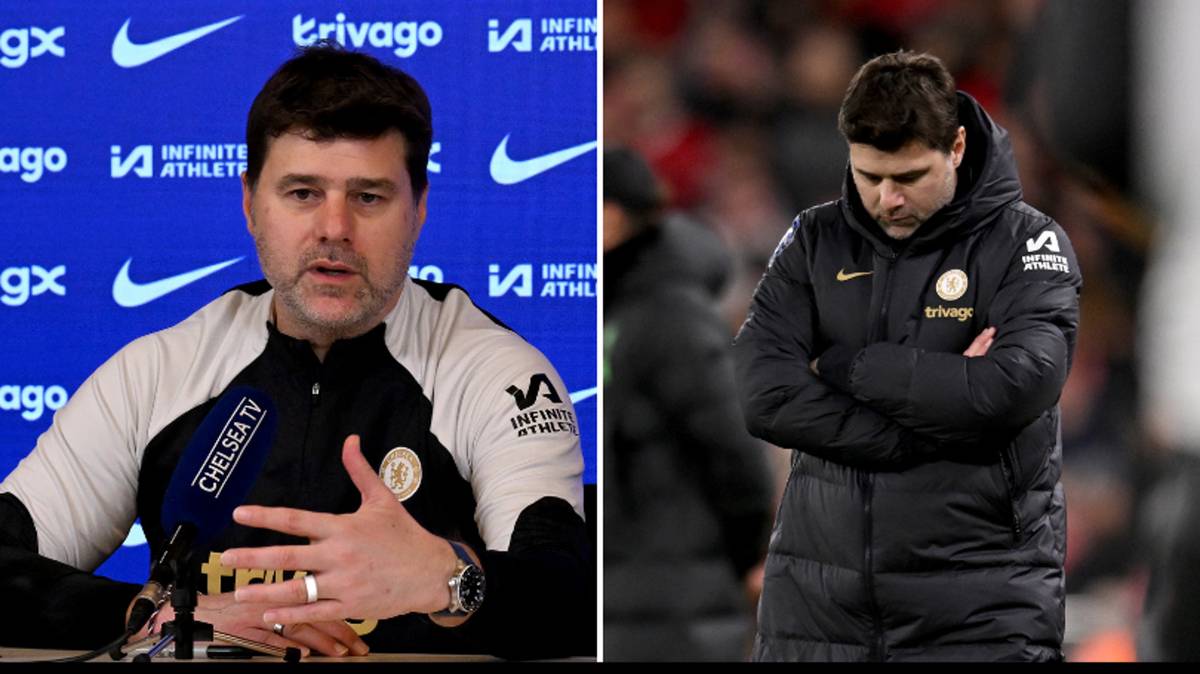
A highly significant Supreme Court judgement relating to a professional gambler could herald a change to the 35 year old law on what amounts to dishonesty (the crux of many criminal offences and civil disputes).
The Court have held that Mr Ivey cheated his way to a £7.7m casino win, following a 2012 game of Punto Banco in Crockfords Club in Mayfair. Ivey admitted relying on a technique called ‘edge-sorting’ – spotting tiny differences in the backs of playing cards – to tilt the odds in his favour.
The fascinating judgment, led by the leading Judge Lord Neuberger, tells us that Ivey did not touch any cards, but persuaded the croupier to rotate the most valuable cards by intimating that he was superstitious. He brought an action against the club after it refused to pay out his winnings. He told the court that he regarded his technique as legitimate gamesmanship, but the club’s view was that he was guilty of ‘cheating’.
The Supreme Court said Ivey’s actions were ‘positive steps’ to fix the deck and therefore amounted to cheating, regardless of what he believed. This was a fundamental change to the previous legal position; namely that one could be dishonest without appreciating it. Although this was a civil case, the Supreme Court said that this new test for determining dishonesty should also apply to criminal trials – meaning there is no requirement for a defendant in a criminal case to appreciate that their actions were dishonest.
The previous legal authority on dishonesty, R v Ghosh, was settled in 1982 but in the view of the Supreme Court it has ‘serious problems’. That case involved a surgeon who was convicted for receiving payments for work carried out by others. The Ghosh test required juries to consider whether the defendant would have realised that ordinary honest people would regard his behaviour as dishonest. The Supreme Court said that such an approach means that the less a defendant’s standards conform to society’s expectations, the less likely they are to be held criminally responsible. ‘The law should not excuse those who make a mistake about contemporary standards of honesty, a purpose of the criminal law is to set acceptable standards of behaviour’ the judgment states.
Crucially, the Court went further; ‘There can be no logical or principled basis for the meaning of dishonesty to differ according to whether it arises in a civil action or a criminal prosecution.’
Discussing the matter with my criminal lawyer colleagues, they are of the view that this decision is one of the most significant in a generation and would lead to many more convictions in criminal trials. But what does it mean for gamblers? As Mr Ivey found out to his cost, the odds are now stacked even more in favour of the House.



